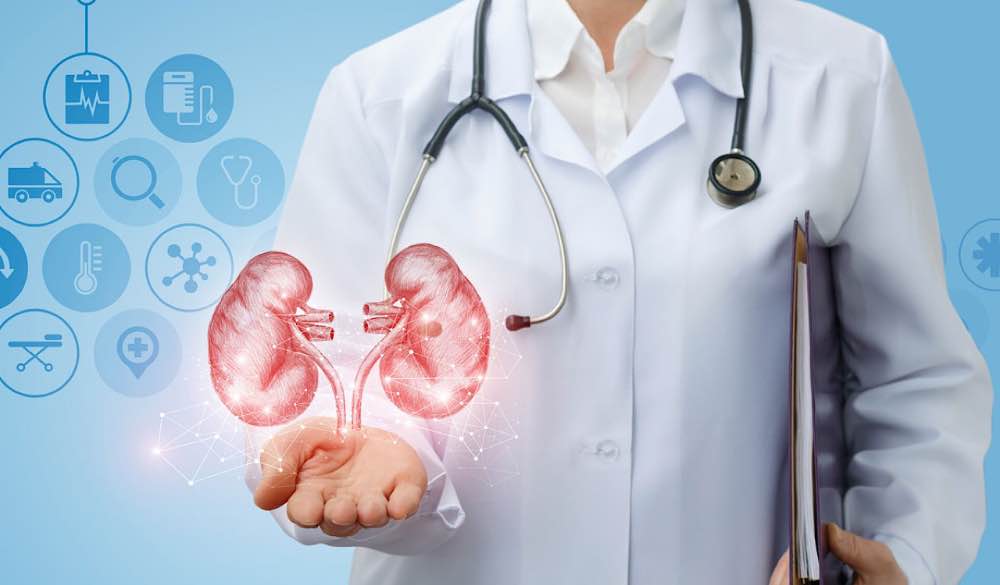Although it is not particularly obvious, the kidneys’ role in maintaining the proper balance of fluids in our bodies and producing hormones is still vigorously maintained. naturally, without wasting medications or running the danger of lowering one’s quality of life. Legumes are one of the kidneys’ main, consistent dining partners.
Due to their high mineral salt, vitamin, and protein content, lentils, chickpeas, and beans are really quite beneficial for maintaining the renal system. The recommendation of medical experts who treat renal disorders is to consistently eat beans a few times each week. Consuming vegetarian food may be beneficial but is certainly not necessary.

There are so many healthy fruits and vegetables for the kidneys. Their method requires potatoes, onions, strawberries, blueberries, and celery. They seek for the so-called waste materials and provide the body the ingredients necessary for naturally cleansing the kidneys. Avoid taking extra drugs whenever possible if they are not really necessary. They make the kidneys work harder and, in the case of inflammatory substances, they may even be poisonous.
For the kidneys to function properly, one must consistently consume adequate fluids. However, while discussing alcohol or even excessively sweet beverages, caution must be used. They increase the body’s production of calcium at the expense of an increased risk of kidney stones. The diet to be followed in the event of renal failure or dysfunctions connected to the kidneys must unquestionably consist of foods that are virtually entirely devoid of phosphorus, protein, and salt.
In reality, it is essential to assist him by ingesting less animal proteins, minimising as much as possible meat, fish, eggs, cheeses, and sausages given the body’s limited capacity to summarise and eliminate these substances. Therefore, choose fresh legumes like green beans, broad beans, peas, jackdaws, and beans as your preferred source of vegetable protein. Since they contain phosphorus, chickpeas and lentils are preferred over meals of animal origin but should still be consumed on a regular basis.
Last but not least, the kidneys continually filter and cleanse the blood of dangerous particles. The kidneys are able to filter 170 litres of fluids on average per day. The body will only excrete 1% of the filtered fluid via urine.